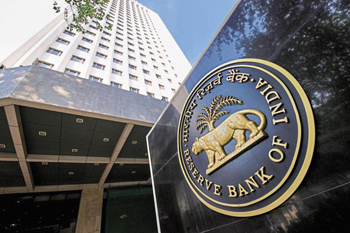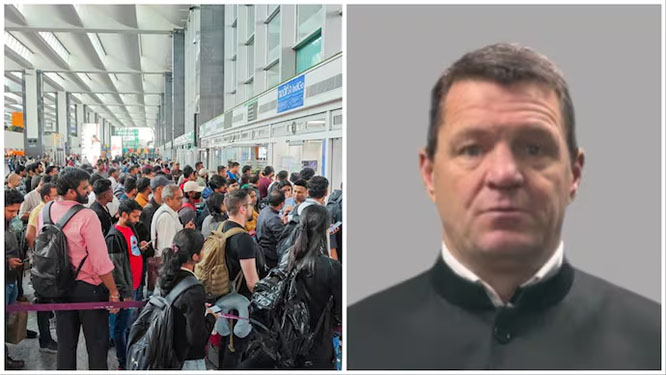Mumbai/ New Delhi: The central bank and the government often don't see eye to eye even in the best of times, which these certainly are not. The stress of managing the process of demonetisation has brought to the fore some lapses in communication between the Reserve Bank of India and the government. The lack of coordination between the two has come in the way of smoother implementation of several measures.

Sources in RBI feel that the central bank's image is being tarnished by frequent changes in circulars, most of which are issued on directions from the government.
A section within the government feels that RBI has been slow in reacting to cues. For example, it took the central bank three days to frame the rules that allowed families that had a wedding during November and December to withdraw Rs 2.5 lakh in new currency. When RBI did come out with the rules, they were so stringent that it was almost impossible to withdraw the money. The government had to step in and RBI eased one condition.
Another bone of contention has been the amount of old notes which have come back. The government has also contested the figure released by RBI on amount of old currency that is deposited with banks. Last week economic affairs secretary Shaktikanta Das asked RBI and banks to check the figures for any possible double counting.
Sources in the central bank say RBI is torn between the people who are resentful of how the institution is being treated and people who are happily complying with the finance ministry orders.
RBI sources also believe that it is unfair to make the bank, and the banking system in general, responsible for tax compliance by depositors. Not only that it is not the central bank's sole job, checking for tax compliance at every banking transaction disrupts the smooth functioning.
Yet another issue of discord was the waiver of charges on card transactions+ till December 30. RBI is believed to have been of the view that complete waiver will act as a disincentive for banks, but the decision was implemented.







Comments
Add new comment